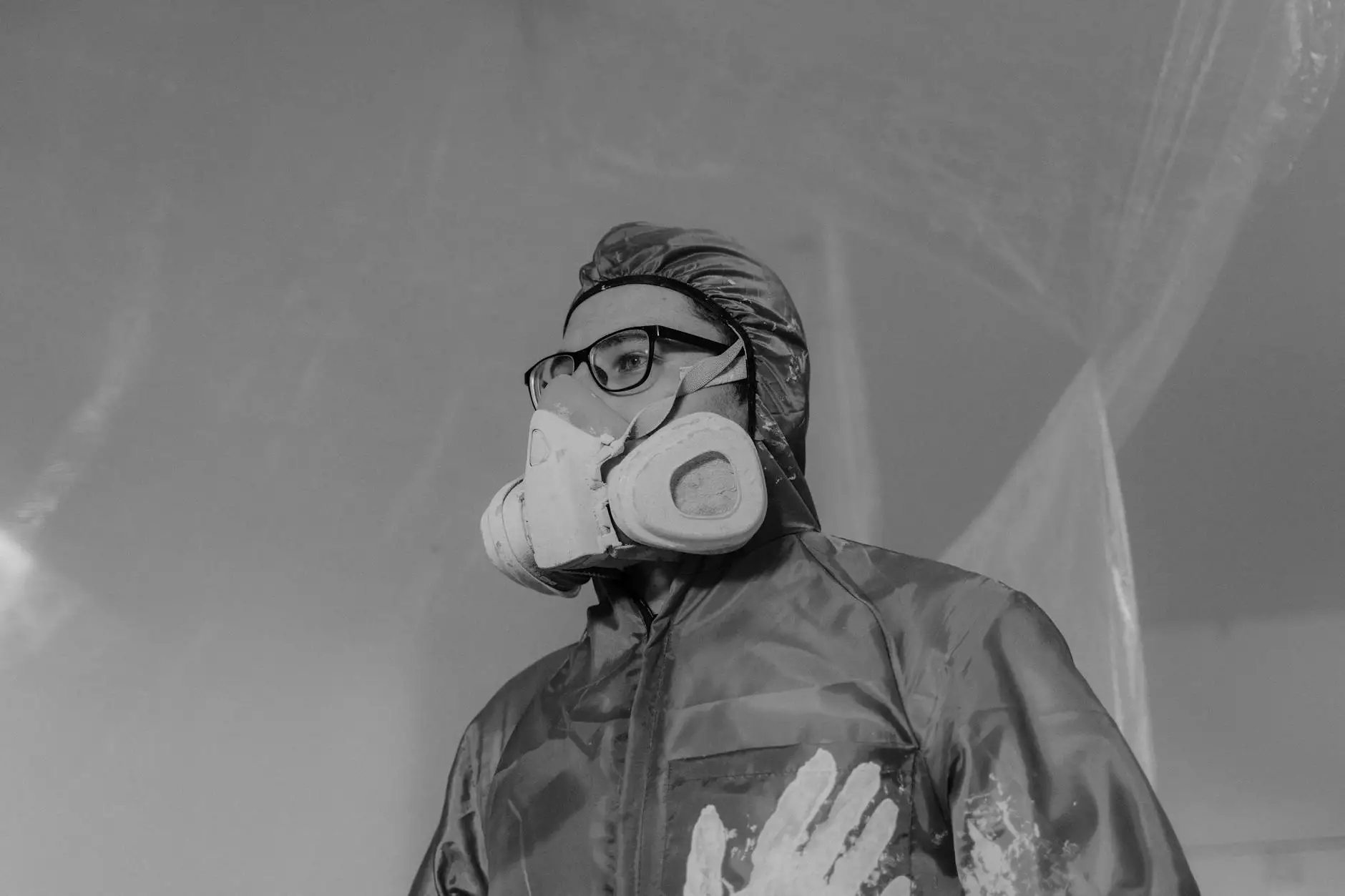Lung Surgeon Specialist: Comprehensive Care for Your Respiratory Health

When it comes to lung health, the expertise of a lung surgeon specialist is invaluable. These medical professionals are dedicated to diagnosing, treating, and managing diseases and conditions affecting the lungs and respiratory system. Understanding their role can help patients navigate the complex world of respiratory health, leading to better outcomes and enhanced quality of life.
What is a Lung Surgeon Specialist?
A lung surgeon specialist, often known as a thoracic surgeon, is a medical doctor who undergoes extensive training in surgical and non-surgical management of thoracic diseases. This includes conditions of the lungs, mediastinum, and chest wall. Their expertise encompasses a range of procedures, from minimally invasive surgeries to complex operations.
Education and Training
Becoming a lung surgeon specialist requires rigorous education and training:
- Medical School: The journey begins with earning a medical degree, typically requiring four years of study.
- Residency: After medical school, the physician completes a residency in general surgery, lasting 5 to 7 years.
- Fellowship: Subsequently, they specialize further in thoracic surgery with a fellowship of up to 2 years.
Key Areas of Specialization
Lung surgeon specialists focus on various subspecialties within thoracic surgery, including:
- Oncological Surgery: Treating lung cancers and benign tumors.
- Transplant Surgery: Performing lung transplants for patients with end-stage lung disease.
- Minimally Invasive Techniques: Utilizing laparoscopic and robotic surgery techniques to reduce recovery time.
- Pleural Disease: Addressing conditions like pleural effusions and pleuritis.
When to Consult a Lung Surgeon Specialist
It is crucial to consult a lung surgeon specialist when facing chronic respiratory problems or after receiving specific diagnoses. Some common indications include:
- Persistent Cough: Lasting more than three weeks, especially with blood or unusual sputum.
- Unexplained Weight Loss: A significant drop in weight without trying.
- Shortness of Breath: Difficulty breathing even during mild activity.
- Chest Pain: Pain that worsens with deep breaths or coughing.
Common Conditions Treated by Lung Surgeons
Lung surgeon specialists are expertly trained to manage a range of conditions, including:
- Lung Cancer: Surgical options include lobectomy, wedge resection, or pneumonectomy.
- Chronic Obstructive Pulmonary Disease (COPD): Surgical treatments may involve lung volume reduction surgery.
- Interstitial Lung Disease: Conditions that may require lung transplant or surgical biopsy for diagnosis.
- Infections: Abscesses or severe pneumonia may necessitate surgical intervention.
Diagnostic Procedures and Techniques
The role of a lung surgeon specialist extends beyond surgery. Accurate diagnosis is key in determining the right treatment plan. Common diagnostic techniques include:
- Chest X-rays: A vital first step in assessing lung abnormalities.
- CT Scans: Offering detailed images to identify tumors or other lung diseases.
- Bronchoscopy: A procedure that allows visualization of the airways and extraction of tissue samples.
- Endobronchial Ultrasound (EBUS): Combining bronchoscopy with ultrasound to examine lymph nodes.
Innovative Surgical Techniques
Modern medicine has innovated several advanced surgical techniques employed by lung surgeon specialists. These techniques improve recovery times and outcomes significantly. Key methods include:
- Video-Assisted Thoracoscopic Surgery (VATS): A minimally invasive technique that uses a camera and small incisions.
- Robotic-Assisted Surgery: Utilizing robotic systems to enhance precision and control during operations.
- Open Thoracotomy: A traditional approach for extensive procedures requiring larger access points to the lungs.
Post-Surgical Care and Rehabilitation
Following surgery, the care provided by lung surgeon specialists continues to be crucial. Proper post-surgical care can make a significant difference in recovery:
- Pain Management: Physicians prescribe medication to manage postoperative pain effectively.
- Respiratory Therapy: Patients often undergo pulmonary rehabilitation to improve lung function and restore strength.
- Regular Follow-Up: Continuous monitoring through follow-up appointments is vital for patient recovery and ongoing health management.
Collaborative Healthcare Approach
A holistic approach is essential for effective lung care. The lung surgeon specialist collaborates with various healthcare professionals, including:
- Primary Care Physicians: To coordinate overall health management and referrals.
- Oncologists: Working together to devise the best approach for lung cancer treatment.
- Respiratory Therapists: Assisting with breathing exercises and other therapeutic modalities.
- Nutritionists: Advising on diet to support recovery and overall lung health.
The Importance of Early Detection
Early detection of lung diseases significantly enhances treatment efficacy. Regular screening and being aware of symptoms pave the way for timely intervention. A lung surgeon specialist emphasizes preventive care strategies, including:
- Smokers’ Screenings: Annual low-dose CT scans are recommended for smokers and former smokers over 50.
- Vaccinations: Immunizations against pneumonia and influenza can reduce lung disease risk.
- Healthy Lifestyle Choices: Nutrition, exercise, and avoiding smoking contribute to better lung health.
Conclusion: Choosing the Right Lung Surgeon Specialist
Choosing a qualified lung surgeon specialist is crucial for anyone facing lung-related health challenges. Patients should consider factors such as:
- Credentials: Verify their education, board certification, and specialty training.
- Experience: Inquire about their experience with specific conditions and procedures relevant to your needs.
- Patient Reviews: Research feedback from previous patients about their experiences and outcomes.
- Communication Style: It is essential to feel comfortable discussing your health and treatment options.
For comprehensive care, visit Neumark Surgery at neumarksurgery.com. A dedicated team of lung surgeon specialists is ready to assist in any lung health concerns, ensuring compassionate care with the latest surgical techniques and personalized treatment plans.



